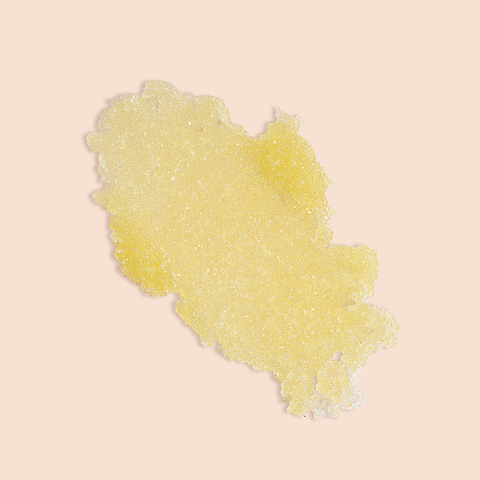
Have you ever wondered why exfoliation is an important step in your skincare and waxing routine? It’s time to learn why exfoliation is so powerful and how it can transform the look and feel of your skin. Exfoliation is a simple and effective way to remove dead skin cells, reduce the appearance of fine lines and wrinkles, and reveal a healthy, glowing complexion. In this blog post, we’ll explore the power of exfoliation and how it can help you achieve beautiful, healthy skin.
What is exfoliation?
Exfoliation is a skincare step that involves the removal of dead skin cells from the outer layer of your skin. By removing the accumulated dead skin cells, exfoliation can help to reveal brighter and smoother skin underneath.
Exfoliation can also help to unclog pores and reduce the risk of breakouts, as well as helping to even out skin tone and reduce the appearance of wrinkles. There are two main types of exfoliation: physical and chemical. Physical exfoliation involves using a scrub or brush to physically remove the dead skin cells, while chemical exfoliation involves using a product with an active ingredient such as salicylic acid, glycolic acid, or lactic acid to break down the bonds between the cells and dissolve them away.
How Often Should You Exfoliate?
Exfoliation is an important part of your skincare routine, but it can be tricky to determine the right frequency for your skin. The best advice is to start slow and work your way up to find the frequency that works best for you.
For most people, exfoliating twice a week is enough to keep skin looking and feeling fresh. If you have oily or acne-prone skin, you may want to increase to three times per week. Those with dry or sensitive skin should stick to once a week, or even less if necessary.
It's also important to remember that different types of exfoliation require different frequencies. For instance, physical exfoliators should be used no more than twice a week, while chemical exfoliators are generally used on a daily basis. It's important to follow the instructions for the product you're using to ensure you're getting the best results.
At the end of the day, everyone's skin is different, and it's important to listen to your body and adjust your exfoliation routine accordingly. Start slow and gradually increase the frequency until you find what works best for your skin.

The Benefits of Exfoliation
Exfoliation is an important part of any skincare routine and there are many benefits to regularly exfoliating your skin. Exfoliating helps to remove dead skin cells, unclog pores, remove excess oils and dirt, reduce wrinkles, and even out skin tone. By removing the buildup of these impurities, your skin is able to breathe and absorb moisture more easily. Additionally, exfoliation can help promote cell turnover, allowing new and healthy skin cells to replace the old ones, resulting in brighter, younger-looking skin.
Exfoliation can also improve circulation and oxygenation in the skin, as it helps to stimulate blood flow. This increased circulation brings fresh oxygen and nutrients to the skin and helps to flush away toxins. Finally, exfoliation can help fight acne breakouts by removing dirt and oil from the surface of the skin, reducing bacteria levels and preventing breakouts.
Overall, regular exfoliation can lead to softer, smoother skin with a more even texture and tone. With the right products and regular care, you can achieve radiant, glowing skin!
To get started we recommend our Dry Brush! There are multiple ways to exfoliate, and one of our great ways is through dry brushing; that's why we created the Great Brush. We are all about feeling great, and so is this exfoliation tool. The Great Brush is a small handheld brush with dense bristles that remove dead skin and improves blood flow. So now you can do more great things from home.






